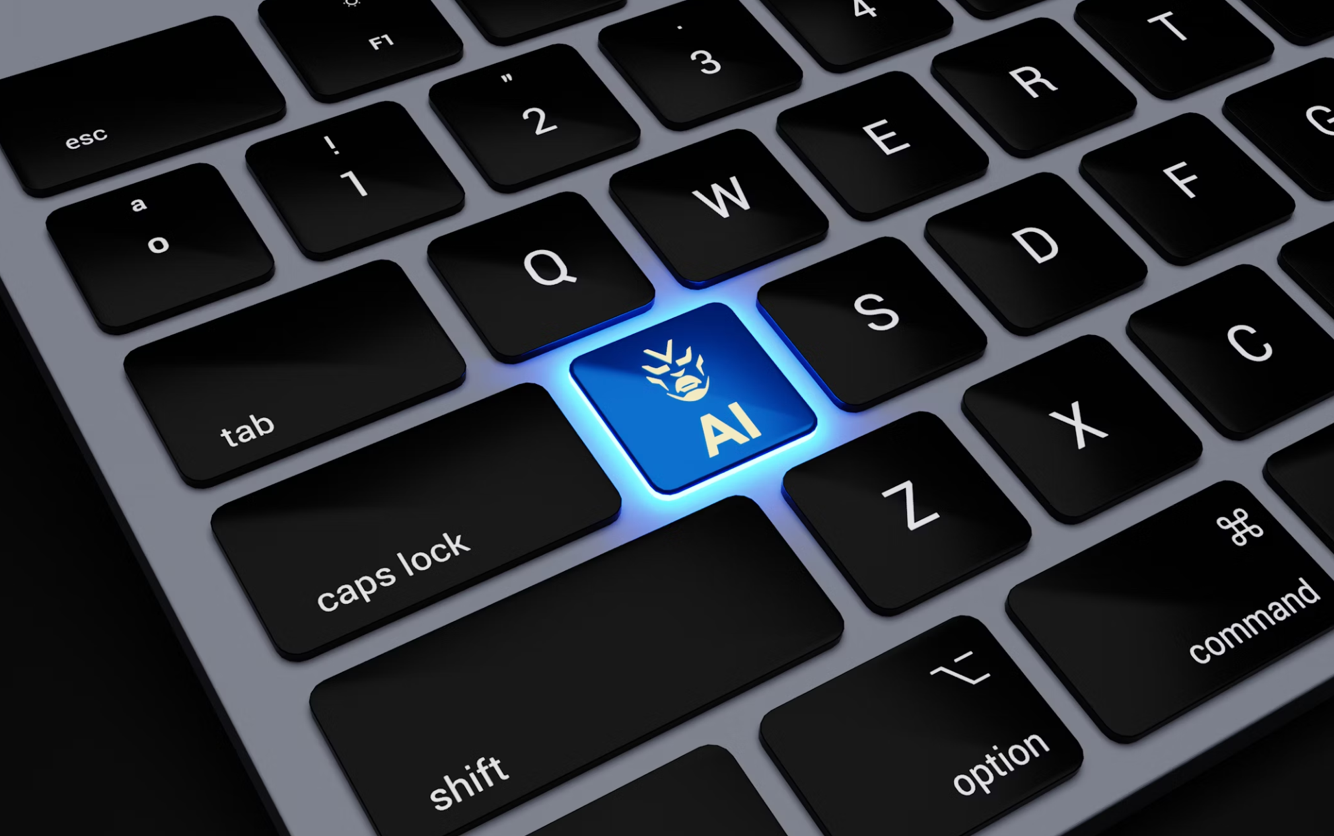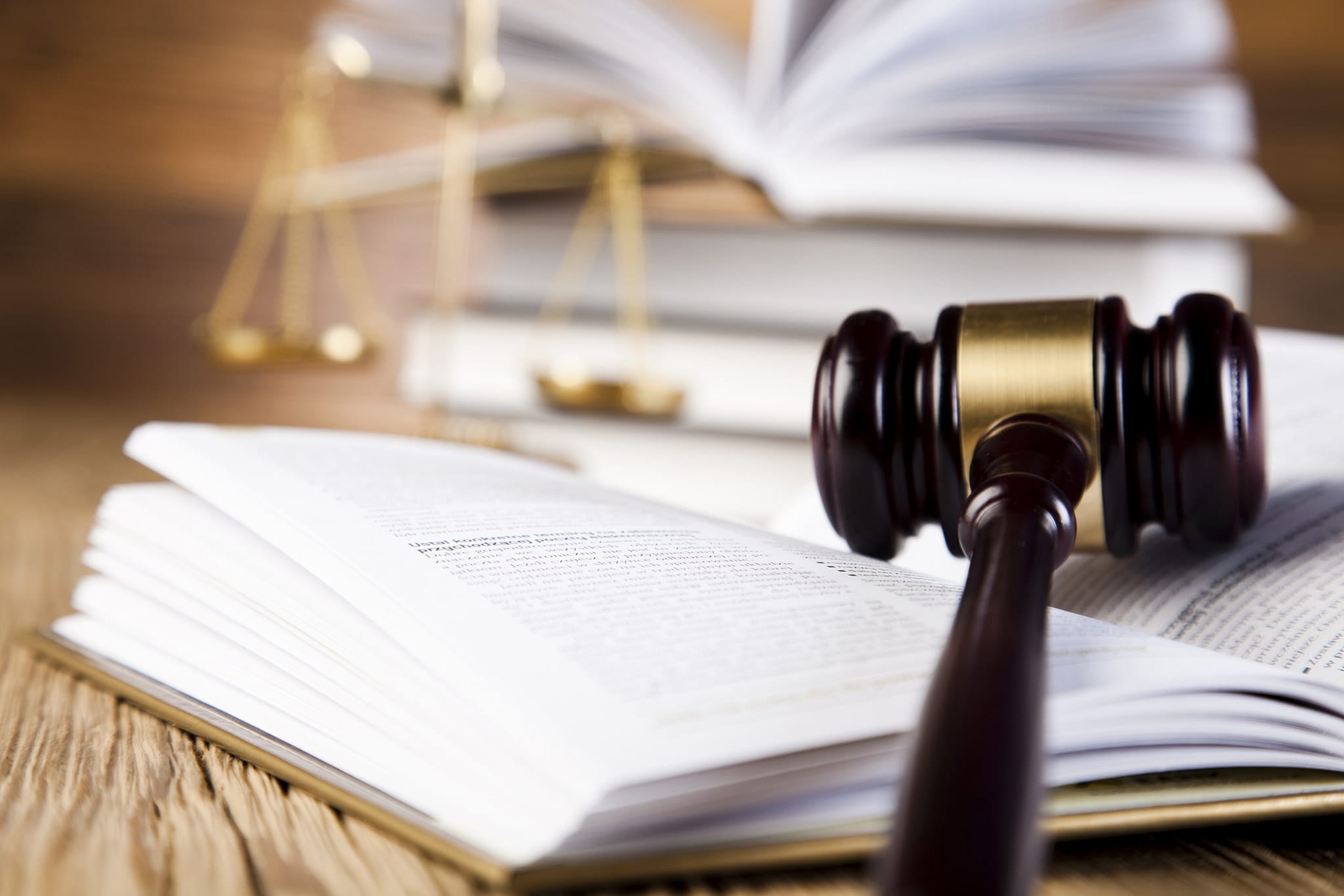“Let us be clear about what is really at stake here,” the judge said. “The alleged injury for which Plaintiffs truly seek redress is not the exclusion of [copyright management information] from Defendants’ training sets, but rather Defendants’ use of Plaintiffs’ articles to develop ChatGPT without compensation to Plaintiff.”
A federal judge has dismissed a lawsuit claiming that OpenAI violated copyright law when creating and training its signature large language model, ChatGPT.
According to The Hill, the complaint was filed on behalf of plaintiffs Raw Story and AlterNet in February. Together, the two media outlets claimed that OpenAI intentionally removed copyright information from their digitally-published articles before using them to train ChatGPT and other artificial intelligence products.
Attorneys for the plaintiffs say that ChatGPT can now reproduce Raw Story and AlterNet’s copyright-protected work without giving appropriate credit to users.
But, earlier this week, U.S. District Judge Colleen McMahon ruled that the plaintiffs lacked standing to sue. In her decision, McMahon said that Raw Story and AlterNet broadly failed to establish that they suffered “any actual adverse effects” as a result of the alleged copyright infringement.
“Given the quantity of information contained in the [ChatGPT] repository, the likelihood that ChatGPT would output plagiarized content from one of the Plaintiffs’ articles seems remote,” McMahon wrote.
McMahon observed that, although previous versions of ChatGPT appear to have been more inclined toward overt plagiarism, the LLM’s most recent releases contain better safeguards.
However, despite the dismissal, McMahon said that the case leaves many questions unanswered.

“Let us be clear about what is really at stake here,” she said. “The alleged injury for which Plaintiffs truly seek redress is not the exclusion of [copyright management information] from Defendants’ training sets, but rather Defendants’ use of Plaintiffs’ articles to develop ChatGPT without compensation to Plaintiff.”
“Whether there is another statute or legal theory that does elevate this type of harm remains to be said,” McMahon wrote. “But that question is not before the Court today.”
OpenAI has since defended its practices, saying that ChatGPT was built using publicly available data.
“We build our AI models using publicly available data, in a manner protected by fair use and related principles and supported by long-standing and widely accepted legal precedents,” OpenAI spokesperson Jason Deutrom said in a statement.
Nonetheless, Raw Story has already signaled that it plans to appeal the ruling.
“We do intend to continue the case,” Raw Story founder and CEO John Byrne said in a statement reprinted by Wired.
Several major news outlets, including the New York Times, are continuing to litigate their own claims against OpenAI. Others—like The Associated Press and The Atlantic—have reached settlements and licensing agreements with OpenAI and its competitors.
Sources
Judge dismisses news outlets’ lawsuit against OpenAI
OpenAI Scored a Legal Win Over Progressive Publishers—but the Fight’s Not Finished


Join the conversation!